Table of Contents
[ad_1]
If you are apprehensive about your child’s body weight or shifting human body shape as it relates to their consuming habits and/or action level, you’re not alone. Dad and mom, much more than at any time, are concerned and in search of advice. My worry as a pediatric dietitian although, is that mom and dad are turning to restrictive body weight loss diet plans to handle their child’s fat. Here’s why I never advise performing that, and what to do instead…
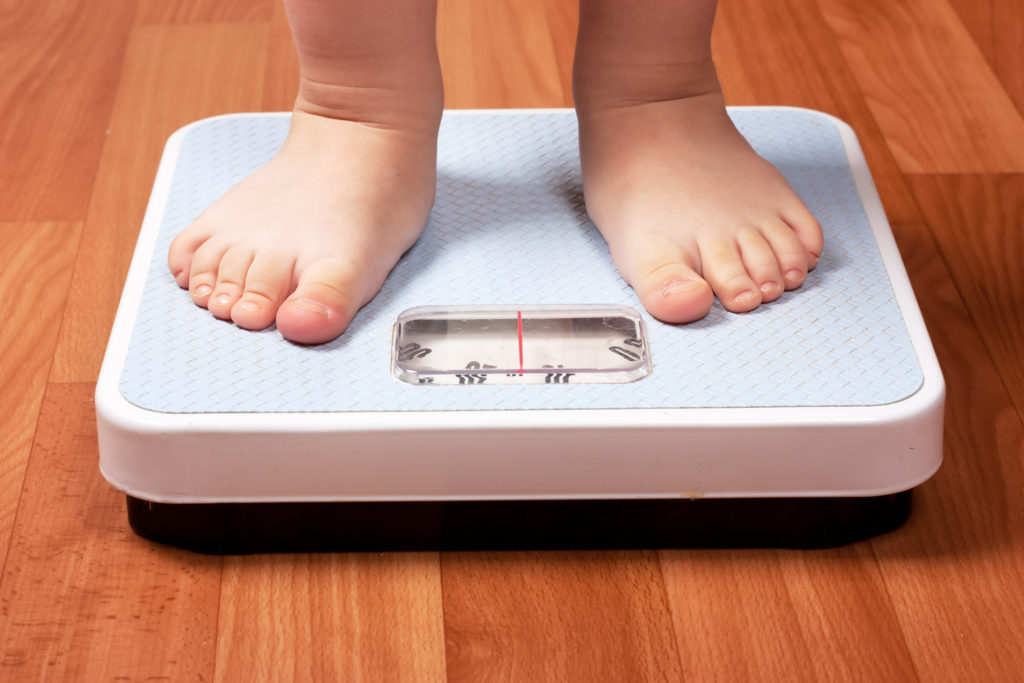
Extra than ever I am viewing mom and dad who are anxious about their child’s weight, condition, measurement and foods consumption. They ponder if their boy or girl overeats, and what to do about it. I frequently turn to both “food neutrality” and “intuitive eating” as my guiding lights with these households, to ease their anxieties and arm them jump with techniques and applications that will enable them to raise wholesome, intuitive eaters who have a favourable relationship with food and physique extensive expression.
Here’s what you will learn in this post:
Diet’s Really don’t Perform
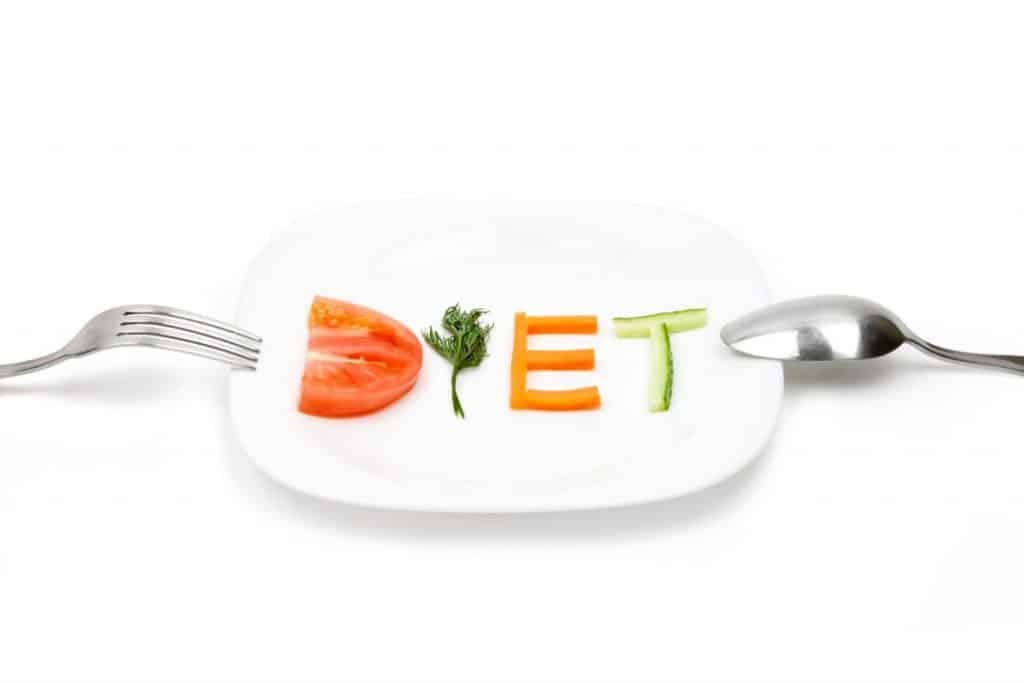
Let us slash to the chase and just simply call a spade a spade. Body weight loss diet programs, like fad diets, brief fixes, and the dreaded cleanse, never perform extensive term. Confident, you may possibly see a unexpected reduce in weight, ordinarily attributed to a change in drinking water, or perhaps it is legit fat (fats, or muscle mass mass loss), but nine moments out of ten, it is not sustainable. The best diet is quite actually, not a diet program at all–it’s a life style that includes a range of foods everyday, some favourite pleasurable food items and some aware eating methods (along with pleasing motion). Getting rid of favorite foods or staying away from whole foodstuff (or food teams) is simply just not the answer, in particular for kids.
The only factor food stuff restriction will do, is enhance a child’s chances of establishing an feeding on condition. In accordance to the American Academy of Pediatrics little ones ought to not be recommended bodyweight-concentrated treatment thanks to the prospective for damage, but as a substitute should really be given the chance for much more loved ones-targeted foods and pursuits. So, when probable love mealtime as a loved ones! It is also critical to remember that young ones want to grow! Dieting during childhood can guide to a life time of chronic dieting or fat cycling. And pounds cycling, or “yo-yo” dieting, probable raises the possibility of cardiovascular illness.
So, as a substitute of looking into how to get your kid to shed body weight, or which excess weight decline system to set them on, do this rather:
Mend your have partnership with foods
We ALL want what’s best for our young ones and our intentions are usually good. We want to guard our little ones and we want them to mature into the healthiest versions of themselves. But occasionally when we do points or say points out of anxiety, it can perpetuate adverse cycles and in fact set our young children up for more issues down the road. From time to time it involves some deep operate and reflection to know (and act in accordance to) what is definitely best for our little ones.
Ask by yourself this: Do I have a balanced relationship with foodstuff? This is a loaded issue, due to the fact ingesting and the food interactions are challenging. And this commonly stems back to our childhood. Developing up, my mother was a Weight Watchers details counter (as a lot of quite a few moms again then had been!), averting foodstuff that had been considered far too large in points and skipping foods (or seriously skimping on them) to conserve factors for later. But when you get the “food” out of eating (aka flavor, texture, experience, Joy), you’re left with numbers, guilt, disgrace and confusion. And even worse, with rigorous fat loss diets involving quantities, factors and “good” and “bad” meals, you commence to base your self-worthy of on how thriving you are. And then the complete feeding connection gets messed up!

If you were being a child who grew up contemplating this variety of factor is normal (hello there fellow kids of the 80’s and 90’s!), together with other common feeding techniques this kind of as “three additional bites or no dessert” or “clean your plate just before leaving the table”, your food items romance is probable a little bit warped. Not your parents’ fault – that’s all they knew! But it is time to just take some actions to recover your partnership with food stuff and shift your mentality so that you really don’t move these ideas and designs on to your kids. This usually takes time and patience. Psychological having, having in the absence of starvation, and yo-yo dieting are realities for several of us, and they are challenging patterns to split. A superior location to start off is studying about how to be an Intuitive Eater.
When you experience the urge to cease your baby from feeding on more food stuff at mealtime, or to say “no” to them having a 2nd (or 3rd or 4th) supporting, you should contemplate a handful of issues …
1st check with yourself: what are my fears? Wherever are they rooted? Do they stem from my personal working experience as a boy or girl? Are they rooted in eating plan culture? Are they truly warranted?
Bear in mind: youngsters are expanding and Require foods, irrespective of sizing or condition
To place it bluntly, who are you to know how considerably meals your little one demands at a sitting? Or how accurately your child’s overall body will improve or how they will retail store strength? Simply because you definitely have no clue. Just about every little one is unique and the way they try to eat, expand, and keep electricity is exceptional too (and dependant on so SO a lot of aspects). Your intervention below is not helpful, even however it could possibly be intuitive. Micromanaging your little one to eat and move a certain way in get for them to be a specified sizing or body weight can be damaging – both of those brief and long-phrase.
Young children are growing and developing, and they demand power and nutrients to do so. Their food stuff consumption will be all about the spot, and their electrical power needs will vary drastically from meal to meal and day to day. This is usual, and also why it is so significant that we go away the “how much” up to them. We do not know how significantly they have to have. The amount that we see as staying “appropriate” or “enough” is primarily based on our possess assumptions or “rules” that are probable rooted in diet program society. Who are we to ascertain how much our little one involves for their exclusive wants and growth pattern?
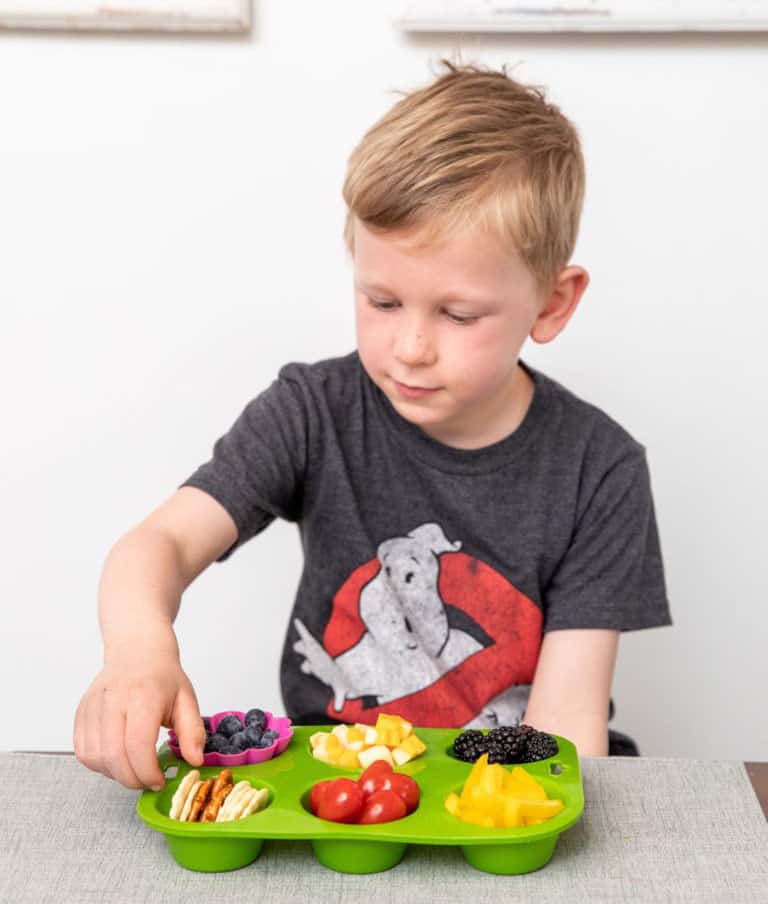
A child’s growth is not essentially a thoroughly clean, flawlessly linear sample. In some cases we as dad and mom have expectations of how they will increase, or what measurement/condition they will be (and how significantly foodstuff they need to have to get there). The fact is, if we allow it, most children will improve into the entire body they are intended to.
When we limit a child’s food items ingestion at meals, they will ultimately halt trusting their human body. What typically comes about is the Opposite of what we want: compensatory behaviours like sneaking/hiding food items, mindless taking in, or about-eating outdoors of the residence or when they can.
What if we concentrated on our work opportunities of feeding (what, where by and when), and let our baby do their work opportunities of ingesting (if and how significantly). What if we ditched all pre-conceived concepts of how substantially food stuff our youngster should really eat at any supplied time, and what their body should really look like at any provided time?
Pay attention, we ALL want what’s ideal for our young ones and our intentions are always good. We want to protect our kids and we want them to improve into the healthiest versions of by themselves. But sometimes when we do factors or say things out of concern, it can perpetuate destructive cycles and basically established our young children up for far more troubles down the street. Occasionally it needs some deep do the job and reflection to know (and act in accordance to) what is certainly finest for our little kinds. Have faith in your youngster to have confidence in their personal bodies. Empower them to hear and have faith in their intuition at meal and snack instances. Train them how to be an Intuitive Eater.
Train your youngster to be an intuitive eater

Children are born intuitive eaters. From delivery, they have the skill to listen to their very own purely natural bodily hunger cues and eat accordingly. Intuitive feeding on is all about consuming when you start off to really feel hungry and halting when you’re getting entire. Effortless suitable? Properly, no. Because as little ones develop, their ingesting practices are motivated by a lot more than just their inside hunger and fullness cues. External variables begin to play a job, these kinds of as the sight or smell of meals, parents/pal/sibling influence or marketing.
You may possibly have read, or mentioned you, just have “three more bites”, attempted to coerce foodstuff into your toddlers open mouth, or claimed “no dessert right until you end your veggies”. These are all feeding strategies that get absent from your child’s purely natural ability to self-regulate. Pressuring youngsters to eat, labeling foods as “good” or “bad”, or associating foodstuff with conduct (using it as a punishment or reward), are all no-no’s on the route to turning into an intuitive eater. So, here’s what you should really do alternatively:
Keep neutral and drop the labels
Contact food by its name! Say “this is an orange and that is chocolate” versus “fruit is fantastic for you, treats are bad”. Preserving foodstuff on a amount participating in discipline usually takes away the pedestal. Mainly because if you start out labelling foodstuff as “bad”, “fun food”, “sometimes food”, “junk food”, or “unhealthy food” you instantly make it far more alluring and tempting, which boosts the chances of your little one seeking, fixating on, or sneaking that foods. Also, most children imagine in very concrete conditions (and really don’t have the potential to believe abstractly), so if you label a food as “bad” or “unhealthy”, what this could mean is that your youngster will begin to believe that they are “bad” or “unhealthy” if they consume it. All of a sudden, the foodstuff that your boy or girl eats develop into tied to their benefit.
Really don’t label foods “good” or “bad” and keep foods neutral. This means, don’t praise your kid for ingesting “healthy” food stuff or reward them with a “treat”. Kids will swiftly determine out that the wholesome foodstuff must be yucky if they are giving me a sought immediately after “yummy” foodstuff for consuming it.

Respect their hunger
Just like your appetite improvements from working day-to-working day so does your child’s! Some days they may well request for seconds of their supper and some days they may perhaps only choose a pair of bites. And that is alright. Possibly they are not experience perfectly, probably they had a extra fulfilling lunch. The position is, it’s up to them to decide. Forcing children to try to eat when they are not hungry will perpetuate the assumed that they are only fantastic when they distinct their plate. And some research suggests that staying pressured to obvious your plate in adolescence may result in elevated likelihood of excess weight achieve and obesity later on in life. The bottom line is that appetite fluctuates for lots of several causes! Alternatively of micromanaging your little one at the desk, rely on them and their appetite. Remind them that this is their chance to consume, the kitchen will be shut following, and that the future opportunity to consume will be either at snack or mealtime in a number of hrs.
Have a plan and check out to continue to be consistent
All young ones prosper on a regime and consistency. They wake up, go to faculty, go to mattress, repeat. Meal and snack schedules are also vital when educating intuitive ingesting. Learning to self-regulate arrives from figuring out what to expect in phrases of timing of of food and snack moments. Allowing 2-3 hours (relying on the age of you child) in concerning foods and treats enables them to sense hungry, but not starving at the commence of an ingesting prospect. Kids who are authorized to graze all through the working day are unable to determine out their purely natural hunger and fullness cycles.
Apply Physique Acceptance

A research performed in 2016 questioned 501 adult women among the ages of 20-35 to remember responses their dad and mom experienced designed developing up about their weight or eating habits. Not shockingly, grownups whose parents designed weight-relevant remarks were being extra dissatisfied with their bodies.
You are so much far more than your pounds, or the sum or types of foodstuff you eat. Bodies arrive in all styles and sizes. And they’re all superior. Young ones are exposed to societal pressures just like adults. Lunchroom conversation about food items, the comparison of bodies, and the motivation to basically “fit in” are all pressures youngsters encounter each individual day. As a guardian, you cannot entirely secure your youngsters from excess weight stigma, but you can handle the discussion in your personal house and of your own physique.
What we say about our have bodies can become our kids’ interior dialogue as well. So, alternatively of concentrating on points you may perhaps not like about your overall body, emphasis on the wonderful things that it can do! Your body is awesome, potent, and unique! Remind your little one that their system is best just the way it is, and it’s ordinary to alter measurement and condition as they get more mature. Focus on what your and your child’s system CAN do (like cartwheels in gymnastics or swimming underwater!).
If you’re involved about your child’s bodyweight and experience that you need further steerage, remember to really don’t hesitate to achieve out to our pediatric dietitian team and The Centre for Spouse and children Nutrition. We’re happy to support!
Composed by: Lesley Langille, MS, RD and Sarah Remmer, RD
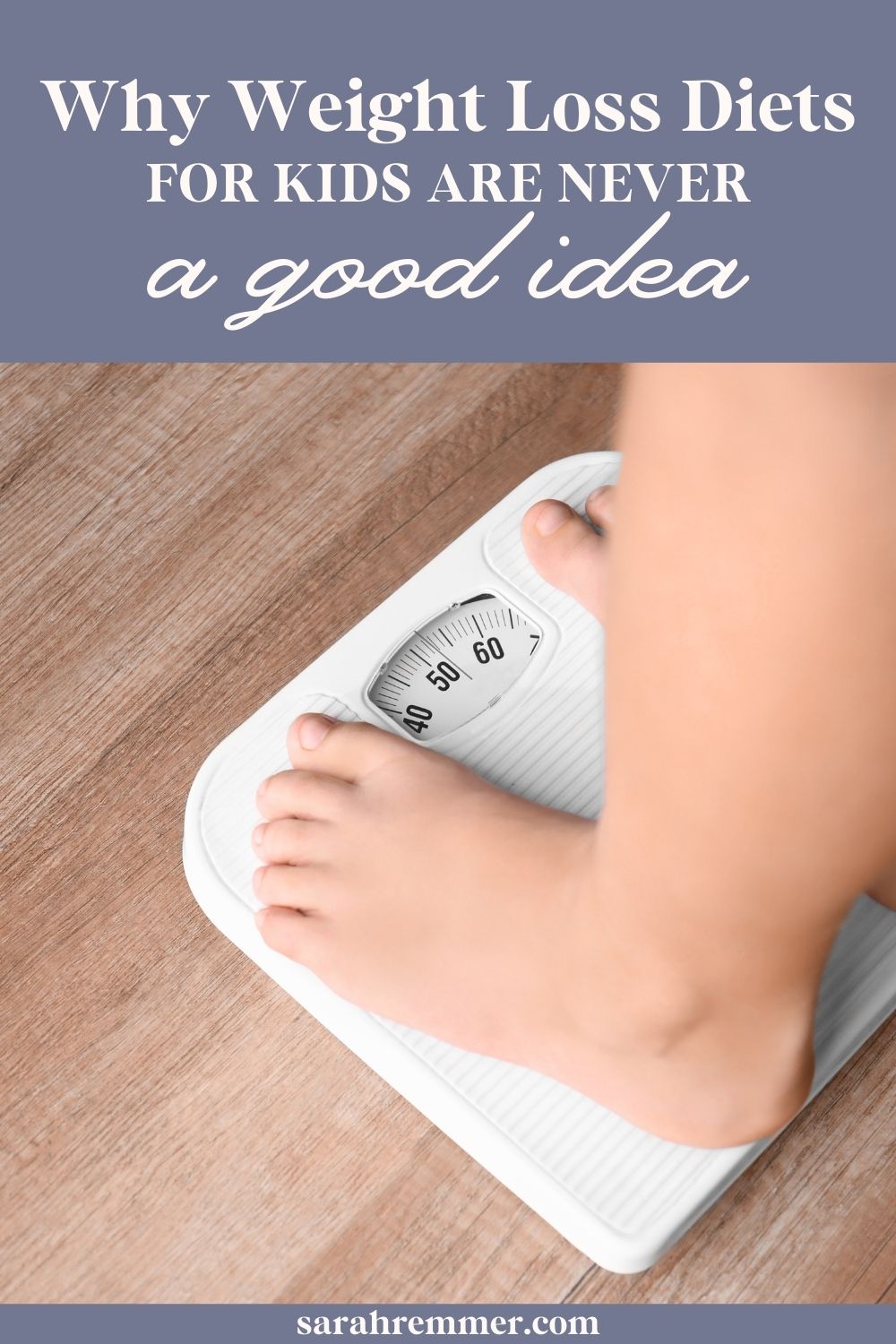
[ad_2]
Source backlink





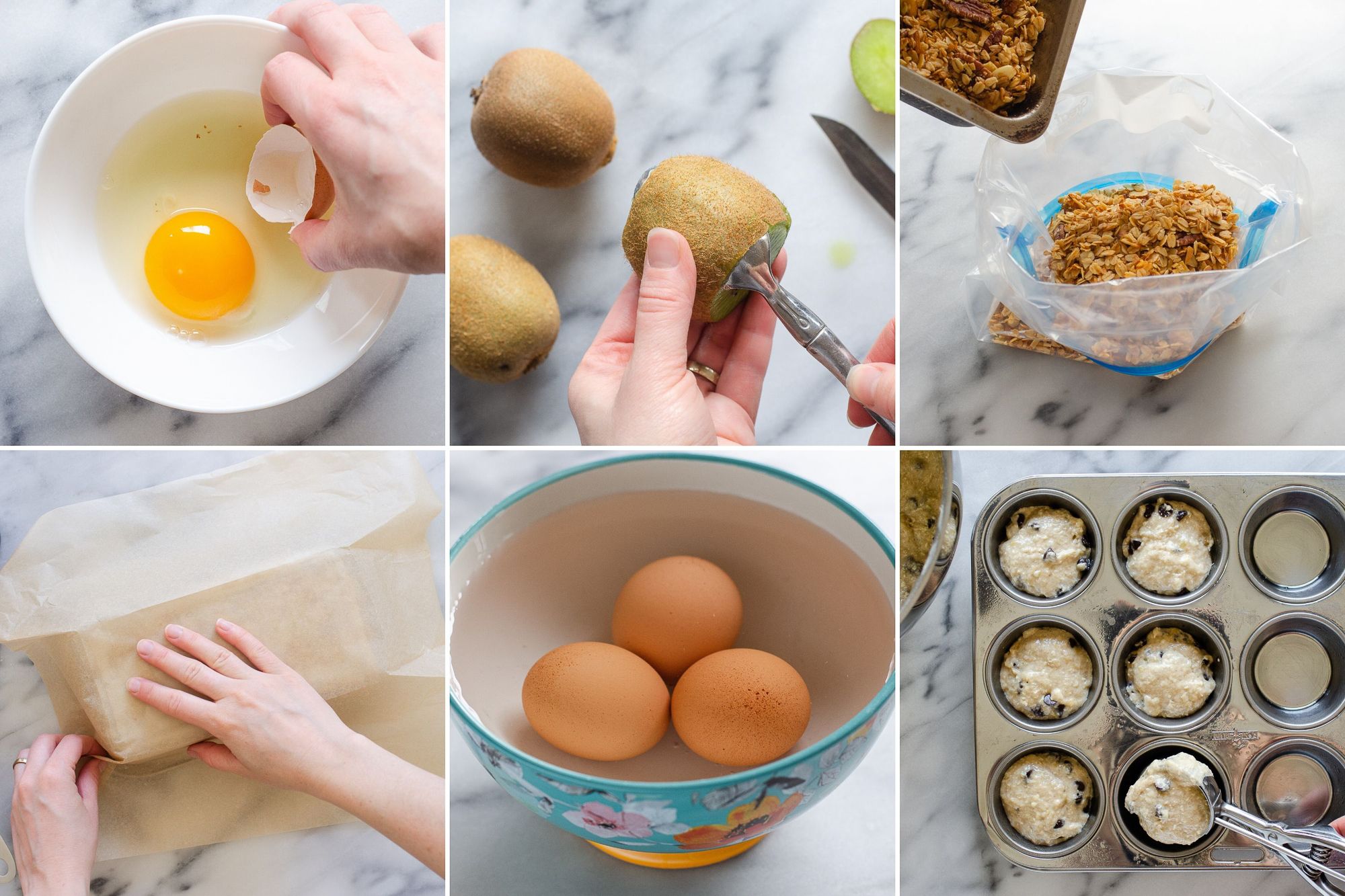

More Stories
Bikini Pageant Competitor Gets in Shape for 40
Indiana abortion debate draws protest crowds, vice president | Live Well
Can You Use Bondic On Teeth? Get The Facts Before You Try